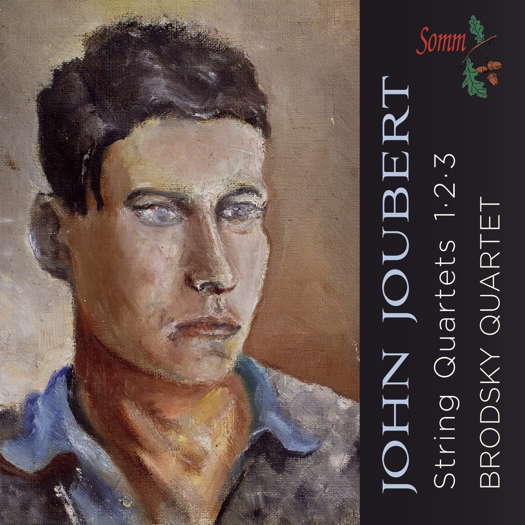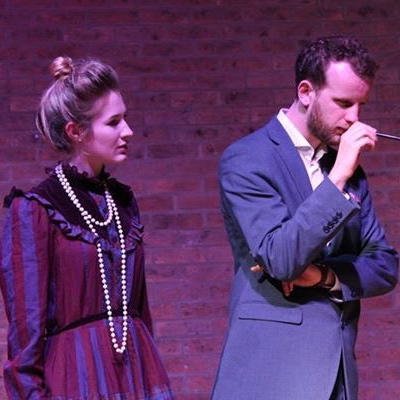 SPONSORED: CD Spotlight. A Fascinating Recording - John Joubert's string quartets, heard by Alice McVeigh.
SPONSORED: CD Spotlight. A Fascinating Recording - John Joubert's string quartets, heard by Alice McVeigh.
All sponsored features >>
Simon Rattle
An English conductor who has held one of the most prestigious posts in Europe is Simon Rattle, born 19 January 1955. At the age of eight he was playing percussion in the Merseyside Youth Orchestra, which led to numerous conducting posts until in 1980 he took over the City of Birmingham Symphony Orchestra. That apart, his career was by then soaring. His excellence has since been acknowledged worldwide.
A selection of articles about Simon Rattle
Classical music news - Nathalie Stutzmann - The French conductor has signed a new exclusive recording agreement with Erato
Classical music news. August 2023 Newsletter - Watch and listen to our August 2023 one hour video newsletter - The Creative Spark
CD Spotlight. Startlingly Fresh and Very American - Patrick Maxwell is impressed by Maurice Abravanel and the Utah Symphony Orchestra's Tchaikovsky. '... impassioned string playing and vibrant conducting.'
To Talk or Not to Talk - Béla Hartmann discusses whether or not musicians should speak out in public
CD Spotlight. The Magic of Ballets Russes - Giuseppe Pennisi listens to Warner Classics' box set. '... a gem which should be on the shelves of all those interested in the music of the early decades of the twentieth century ...'
Classical music news. Rattle to Munich - Simon Rattle is appointed Chief Conductor of the Bavarian Radio Symphony Orchestra and extends with the London Symphony Orchestra
CD Spotlight. An Impressive Undertaking - Simon Rattle conducts Wagner's 'Die Walküre', heard by Giuseppe Pennisi. 'The singing and the orchestra raise this performance above the ordinary.'
Ensemble. Thought Provoking - Maria Nockin visits the cinema for Mariusz Trelinski's updated staging of Wagner's 'Tristan und Isolde' in HD from New York Metropolitan Opera
Ensemble. General Tendencies - Giuseppe Pennisi visits Aix-en-Provence for three operas and an orchestral concert
Ask Alice - On 'Dialogues des Carmelites' at Covent Garden, with classical music agony aunt Alice McVeigh
CD Spotlight. Top Notch - Magdalena Kozená's Carmen, recommended by Gerald Fenech. '... sheer and utter brilliance in every department.'
CD Spotlight. Gripping Intensity - Simon Rattle's new Bruckner 9, recommended by Gerald Fenech. '... polished and vigorous performances ...'
CD Spotlight. Splendidly Performed - Baroque music for cello, recommended by Howard Smith. 'An exemplary CD ...'
Ensemble. Wholly Captivating - Rossini's 'Italian Girl in Algiers' impresses Howard Smith
DVD Spotlight. Insightful Performances - 'Die Walküre' from Provence, experienced by Maria Nockin. 'The cast is excellent.'
A Labour of Love - John Suchet's 'The Treasures of Beethoven', read by Howard Smith
DVD Spotlight. Moving and Powerful - Gershwin's 'Porgy and Bess', appreciated by Robert Anderson. 'The work is in the safest possible hands ...'


